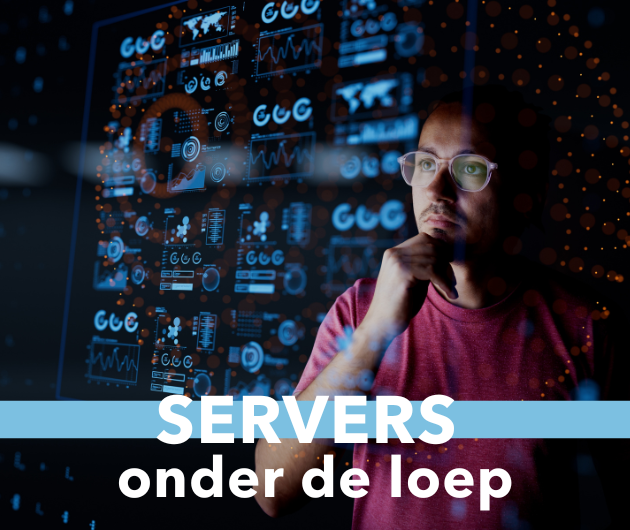There can be no doubt that IBM is playing a different game to the competitors. IBM, who were the arch villain in the past when it came to closed practices, are getting deeply involved with open systems. They are heavily involved with standards bodies and are spending vast sums of money on Open Source Software (OSS). However anyone who thinks IBM have become a philanthropic society in their old age is making a big mistake. In case anyone hasn’t noticed IBM is riding the IT recession better than most. No, IBM has not gone off the rails, they are investing in the future.
Openness does not equate to free. It costs a company a lot to provide the membership of any open systems committee, but by being involved the member companies can have an influence on the standards, possibly biassing them towards their own way of thinking and thus gaining some commercial advantage. In any case until the Internet revolution very few standards ever gained much penetration into products, despite much chest beating. The incompatibility of relational databases, despite the SQL standard, is a case in point and can anyone remember OSI and X.25?
While there is still a lot of business in core mainframe and PC systems left to exploit, most companies are aware that the biggest slice of the action for the next few years will focus on e- enabling applications. The advent of Java and Microsoft’s .NET initiative have opened the door for new products to provide both the Web enabling client support services but more significant to IBM, the Application Servers. Application servers can be used to build complete new applications, but they are nowhere near mature enough to cope with large scale enterprise requirements compared to, say, z/OS and CICS, or Oracle. In practice the current application servers are solving the problem of Enterprise Application Integration (EAI). The application servers process interactive input/output data coming from and going to the front-end Web servers, clean it up and invoke application services from existing systems. Often there is some relatively simple data capture, which is then posted to batch processing systems. Thus the requirements are for a lot of flexibility in the interfaces to transaction and message systems, rather than a powerful data processing environment such as CICS/Cobol. That may change later and Java may progress until it can match the power of Cobol, but for today the integrating role is well served by the current Java standards.
IBM were not the first out of the blocks and a number of products such as Cold Fusion, SilverStream, etc. made the first inroads. Earlier 4GLs such as Dynasty and Forte also jumped on the band waggon. But the front runner was WebLogic. They were acquired by BEA, a spin off from SCO and Novell to handle the old AT&T TP monitor, Tuxedo. The marriage of Tuxedo and WebLogic created the market leader in transaction processing application servers. Oracle were the other company to absorb the application server concept and now support the full Java standards embedded in the latest product releases. IBM in contrast started by adapting products such as Lotus Domino and by inter working between MQSeries, CICS and DB/2. IBM also made the strategic decision to back the new Java standard, despite it being controlled by arch rival, Sun Microsystems. This has matured into WebSphere, which with availability on multiple platforms, integration with CICS, etc. and a powerful range of development tools has now taken the number two slot behind BEA. Here however lies a problem, WebSphere is a very good technical product but not an application. There are shades of OS/2 here! OS/2 was by far the best PC operating system, but it lost out to technical garbage, Windows 3.1, because IBM could not get the application support needed. And so despite all the OSS efforts, IBM’s recent acquisition of Bowstreet and Crossworlds is by far the most significant event. These new companies provide that layer of application software to sit on top of, and to exploit IBM’s superior technology. Previously IBM have tried to fill the application layer by partnerships with i2, Ariba, etc., but those products have a lot of there own support technology included, and don’t fit comfortably into a total IBM solution. IBM apparently have learned something from Microsoft as well as from the OSS movement.








